Keyword Research for SEO in Auckland: A 2025 Guide
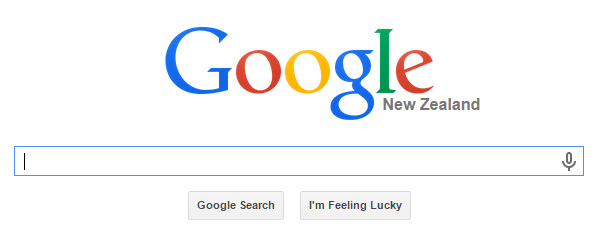

Search engines like Google keep changing. However, one thing remains constant: Auckland businesses that understand how locals search win more clicks, calls, and customers. At the heart of that advantage sits keyword research. It tells you how real Kiwis phrase their problems, what devices they use, and which pages Google already trusts. This guide walks you through a proven workflow for keyword research in 2025, showcasing the best tools and highlighting local insights gathered by Kiwi Website Design’s SEO team in Auckland.
Follow the steps below, and you will uncover the search terms that lift you above the hundreds of agencies and DIY marketers competing for the same space.
Why Keyword Research Still Matters for Auckland Businesses
48%
of New Zealanders already use voice search, according to the IAB’s 2025 “Kiwi Search Habits” survey.
76%
of users who type “near me” visit a business within a day.
42%
of all local clicks go to the Google Map Pack.
All three stats share a theme: intent is local, and competition for those local clicks is fierce.
Keyword research lets you intercept these high-intent searches with content that answers questions fast, earns trust, and feeds customers straight into your funnel.
The Auckland Search Landscape in 2025
- Map-Pack Priority
When someone in Ponsonby searches “plumber near me,” Google shows the map pack before organic listings. Winning those slots relies on relevance, proximity, and reviews, but you still need the right keywords in your Google Business Profile, site title, and on-page copy.

- Voice and Conversational Queries
Smart speakers, in-car assistants, and mobile voice search encourage full questions:
“Who does plumbing for Auckland commercial properties?” Optimising only for short phrases misses this traffic. - Rising Multi-Search
Kiwis are testing Google Lens and Pinterest Lens. Product-heavy brands should pair keyword data with descriptive image alt text to ride this trend. - Younger Platforms Influence
Instagram and TikTok now outrank Google for local discovery among 18 to 24-year-olds. Use hashtags and captions as seed keywords that feed back into website content.
Tools Every Kiwi Should Know For SEO
Free & Freemium SEO Tools
| Tool | Best Use | Stand-out Feature |
| Google Keyword Planner | Initial volume check | NZ region and city-level filtering |
| Google Search Console | Low-hanging fruit | See queries that already show your site |
| AnswerThePublic | Question mining | Visual wheels show who, what, where queries |
| Google Trends | Seasonality check | Compare search interest for “laser hair removal Albany” vs “Browns Bay” |
Google Keyword Planner
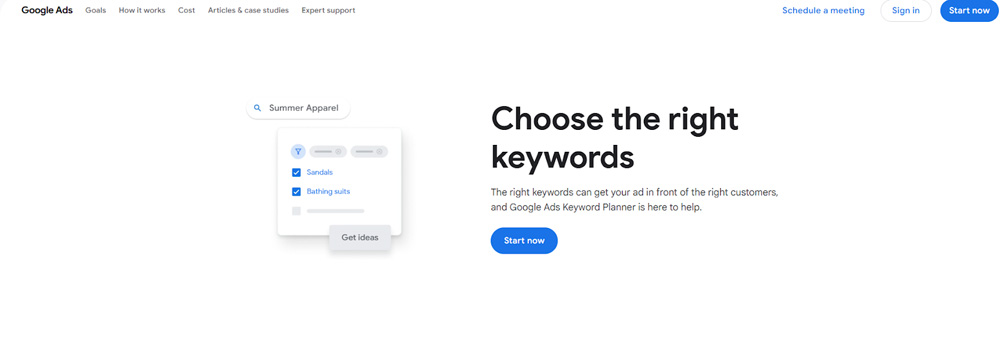
Google Keyword Planner sits inside Google Ads and remains the entry-level workhorse for discovering search volumes and new keyword ideas. Once you plug in a seed term or website, the tool returns suggested keywords, average monthly searches, competition level for paid ads, and historic trends. You can filter by location, such as Auckland or NZ wide, to keep the data locally relevant. Use its forecast module to gauge potential clicks and budget if you plan to pair organic work with paid campaigns.
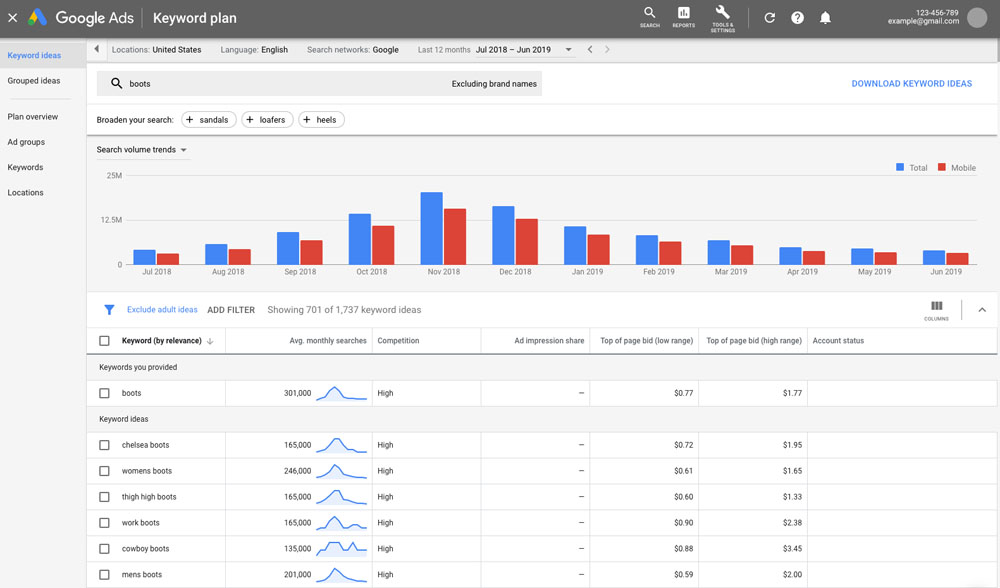
Google Search Console

Google Search Console shows how real users already find your site. In the Performance report you can export queries, impressions, clicks, and average positions, revealing low-hanging keywords that sit on page two or three. The Indexing and Page Experience reports flag technical issues that may block rankings, while URL Inspection lets you request re-indexing after content updates. Together these insights guide on-page tweaks and prioritise pages that deserve fresh optimisation.
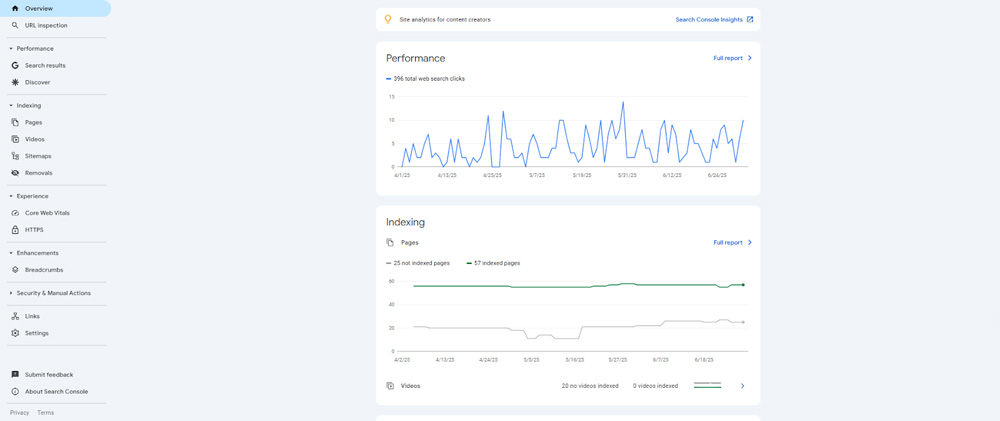
AnswerThePublic
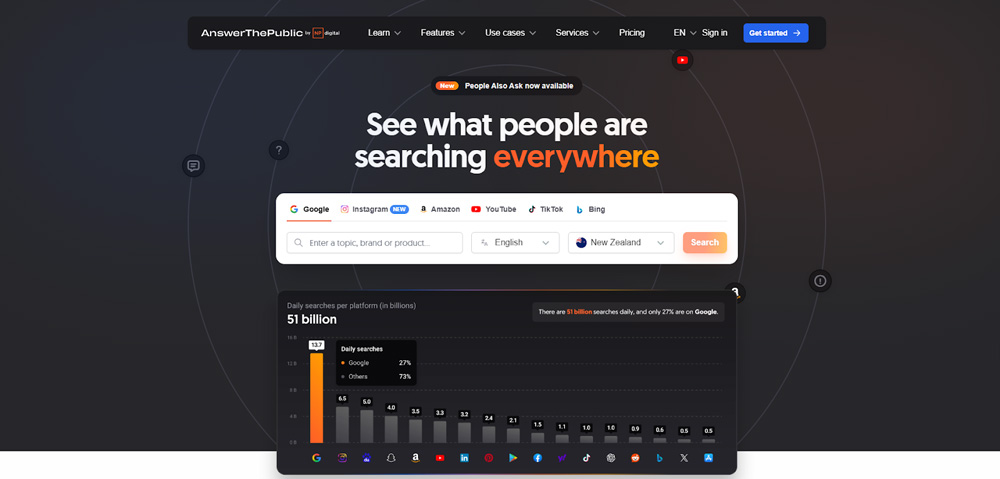
AnswerThePublic pulls the autocomplete data from Google and Bing and turns it into visual question wheels. Type a topic like “plumber auckland” and you will see dozens of who, what, where, and why queries that people ask about it. The tool excels at uncovering long-tail phrases, conversational keywords for voice search, and content ideas that target early-stage questions. Export the CSV and cluster the terms into blog outlines or FAQ sections to match search intent and fill knowledge gaps.
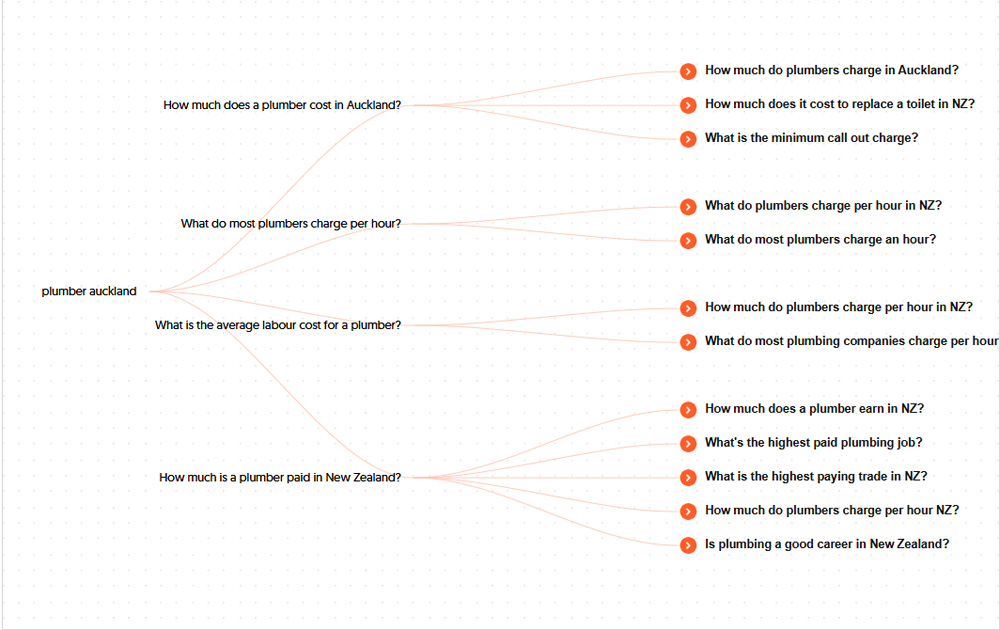
Premium SEO Tools
| Tool | Best Use | Why It Matters in 2025 |
| Ahrefs | Backlink-weighted difficulty scores | Large NZ index, plus click data |
| Semrush | Competitor gap analysis | On-page template builder for fast optimisation |
| KWFinder | Long-tail gold | Clean UI and affordable for small agencies |
| Serpstat | Budget-friendly all-rounder | Local SERP feature tracking |
Semrush
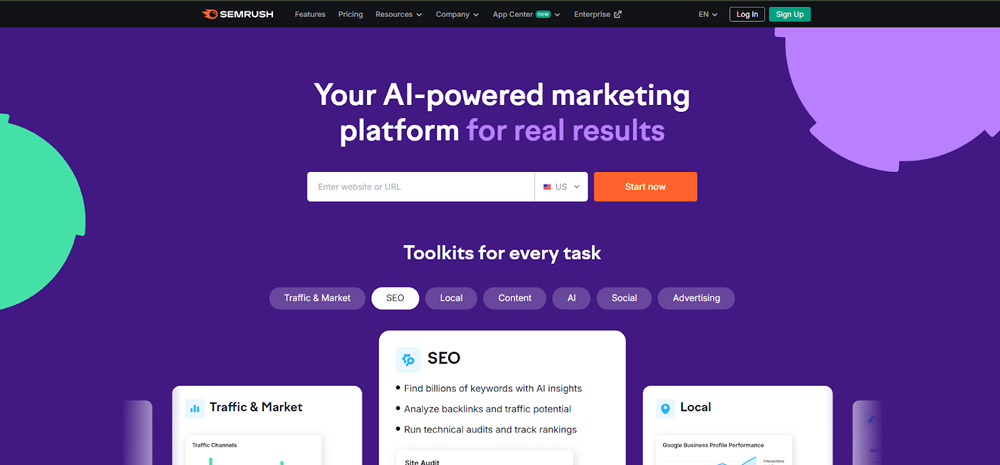
Semrush is a full-stack SEO and digital marketing suite popular with agencies and in-house teams. Its Keyword Magic Tool houses more than 25 billion keywords with metrics such as search volume, keyword difficulty, cost-per-click, and SERP features. The Position Tracking dashboard monitors daily rankings for custom keyword sets, including map pack results, while the Domain Overview and Organic Research sections expose competitor gaps. Semrush also includes a Site Audit crawler, backlink analytics, and on-page SEO templates that recommend semantic keywords, ideal text length, and internal linking opportunities.

A Six-Step Workflow That Works
1. Brainstorm a Seed List
Write every term you think your customers might use: services, products, benefits, suburbs, pain points. For “SEO Auckland” that could include “local SEO audits,” “rank tracking NZ,” “technical SEO partner,” and suburb modifiers like “digital marketing agency manukau.”
2. Expand with Tools
- Autocomplete Scrapes: Type a seed term into Google, YouTube, and TikTok to gather suggestions.
- People Also Ask: Note recurring questions.
- AnswerThePublic: Export the CSV for instant topic clusters.
3. Evaluate Metrics
For each candidate, capture:
- Average monthly searches (NZ).
- Keyword difficulty score.
- Three-year trend via Google Trends.
- Click potential (are ads, snippets, or map pack stealing clicks?).
4. Check Intent via SERP
Open an incognito window and search the term. Ask:
- Do results show service pages, guides, or product listings?
- Are the top ten pages national or local?
- Does content answer a question or push a purchase?
Match your page type to that intent.
5. Prioritise with the “Tripod Rule”
Pick keywords that balance:
- Popularity – enough volume to matter.
- Difficulty – realistic based on your domain authority.
- Relevance – fits your products and target audience today.
If one leg is weak, deprioritise.
6. Compile a Master Sheet
Group keywords by topic and intent. Mark primary, secondary, and supporting terms. This sheet guides content briefs, meta tags, and anchor text.
Digging Up Auckland-Specific Long-Tail Gold
Generic phrases like “plumber auckland” are crowded, so chase queries that locals actually ask.
- Add Suburb Modifiers
- “affordable plumber in albany”
- “drainage services grey lynn”
- “affordable plumber in albany”
- Target Industry + Location
- “commercial plumber Auckland”
- “plumber for new homes nz”
- “commercial plumber Auckland”
- Use Cultural Hooks
Include Te Reo macrons when accurate, such as “Tāmaki Makaurau plumbing”.
- Mine Google Business Profile Categories
Categories show how competitors label their services. Add those phrases to your keyword list.
- Leverage Local Forums & Facebook Groups
Search “Ask Auckland,” Localised LinkedIn posts, and Reddit r/newzealand: phrases people type there often mirror search queries.
- Check TradeMe and listing websites
Product-focused businesses can lift wording directly from listings with high watch counts.
Building Topic Clusters That Win
Keyword research is useless until mapped to content. Adopt a pillar and cluster model:
- Pillar page: “plumber auckland” which is a broad overview of services, results and case studies.
- Clusters: Individual posts that dive deep:
- “Gasfitting services”
- “New build plumbing Checklist for NZ homes”
- “How reliable plumbing Improves waterflow”
- “Gasfitting services”
Link each cluster post back to the pillar with exact partial match anchor text. This structure signals topical authority and keeps users clicking around the site.
Tracking, Measuring, Improving
- GA4 Engagement Metrics
Watch average engagement time and returning visitors for each content hub.
- Search Console Query Reports
Identify new long-tails you rank for and add them to your sheet.
- Rank Trackers
Semrush Position Tracking or Ahrefs Rank Tracker send weekly alerts on key terms like “new home builders”.
- Quarterly Content Audits
Refresh outdated stats, add internal links to new case studies, and update meta titles to match emerging queries.
- Voice-Search Optimisation Checks
Read content aloud. Does it answer a question in the first 30 words? If so, voice devices can surface it easily.
Common Mistakes Auckland Businesses Make
| Mistake | Impact | Fix |
| Keyword stuffing | Lowers readability and may trigger spam signals | Use primary term in meta title, H1, first paragraph, and once per 200 words only if natural |
| Ignoring intent | High bounce rate | Align page type with SERP results |
| Chasing global volume | Competes with multinational brands | Add “nz”, “auckland”, or suburb modifiers |
| Forgetting Māori macrons | Missing local searches, cultural tone-deaf | Include correct macrons in alt text and headings |
| Thin location pages | Fails E-E-A-T test | Add unique testimonials, photos, and data for each suburb |
Keyword Research FAQ
How many keywords should one page target?
Focus on one primary and two or three natural secondary terms. Quality beats quantity every time.
What is the best free keyword tool for NZ businesses?
Google Keyword Planner remains the top pick because you can filter to “Auckland” and export data straight into Sheets.
How long before keyword changes improve rankings?
Expect the first signs within six to eight weeks for low-competition terms, longer for competitive phrases.
Do I still need backlinks if I target long-tail keywords?
Yes. Links help Google trust your content, even if the keyword difficulty score looks low.
Does voice search change my keyword list?
It expands it. Add question-style phrases such as “Who offers plumbing services in auckland” and answer them in conversational language.
From Keywords to Conversions
Auckland’s digital scene moves fast, yet solid keyword research keeps you in front. Start with clear goals, pick the right tools, dig deep into local intent, and organise content around pillars and clusters. Track performance, refine every quarter, and let data guide your next optimisation sprint.
Ready to uncover the exact keywords your site is missing? Book a free 30-minute discovery call with Kiwi Website Design and receive custom insights tailored to your industry and suburb.


Comments are closed.